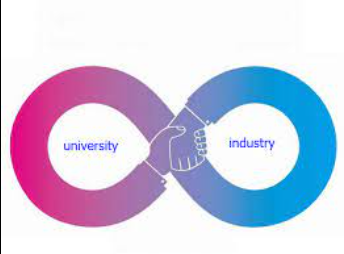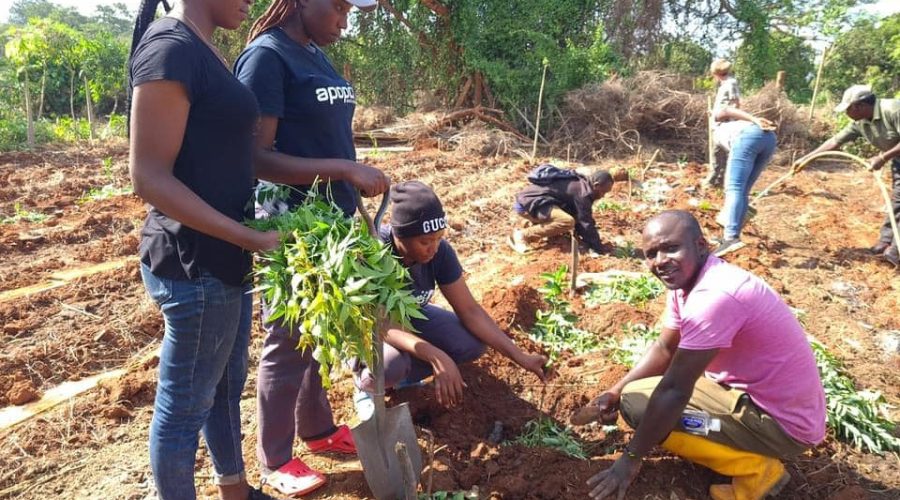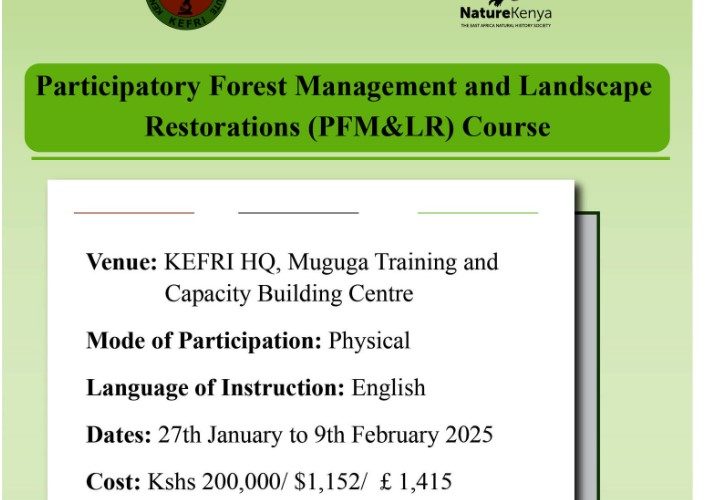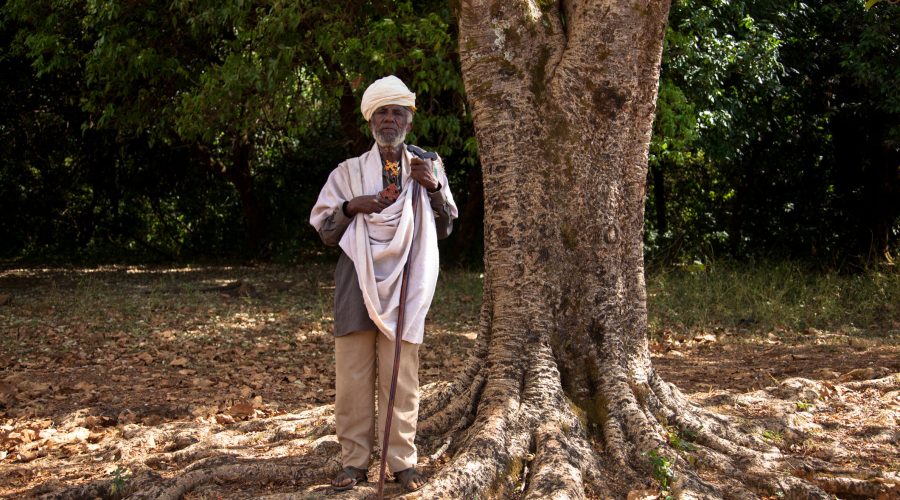Tanzania, like many other African countries, is faced with a problem of skill mismatch for most university graduates who fail to fit well to the market needs of the labour market. According to a report by the National Bureau of Statistics (NBS), only 3.5% of Tanzania are high skilled in their areas of expertise, 16% have medium skills, and the 80.5% are unskilled, which implies a very long way to go to attain real economic transformation as a nation despite abundance in natural resources like forest, wildlife, minerals, and water bodies.
Sokoine University of Agriculture (SUA) is taking significant efforts to bridge the skill mismatch of most graduates, which is the biggest problem in Tanzania, with the aid of the Higher Education for Economic Transformation (HEET) project
The HEET project is a 5-year project funded by the Government of Tanzania and the World Bank to improve learning environments and produce graduates who can meet the needs of the labor market. The project targets 14 priority areas for Tanzania’s economic growth and will help to address the critical need for high-skilled worker. The study done by the HEET project team on university-industrial linkage found that most graduates struggle with skill mismatch in the labor market because degree programs are not in line with the industry needs.
To solve this problem, university management started with curriculum review so as to add, improve and where necessary to abandon some of the programs that are of no importance. This is done in response to the high rate of population growth of 2.8 million per year where the Ministry of Education estimates that up to 2030 about 482,000 to 600,000 students will be enrolled in universities, so quality will need to be the first thing to consider so as to take chances for economic transformation which is the main goal of the HEET project.
A market survey done by SUA on more than 40 tracer studies for various degree programs has been done, and 32 new degree programs were identified, 20 for postgraduate and 12 for undergraduate studies. Some of the institutions involved in strengthening the linkage are TCIA, TWCC, CTI, Bakhresa Group of Companies, Lake group, FROSTAN Company limited, as said by Mbungu, the deputy coordinator of the HEET project at Sokoine University of Agriculture.
The HEET project is a significant step towards bridging the skill mismatch of most graduates in Tanzania. The project aims to improve learning environments and produce graduates who can meet the needs of the labour market. SUA is taking significant efforts to address the critical need for high-skilled workers by reviewing the curriculum and identifying new degree programs that are in line with the industry needs. The involvement of various institutions in strengthening the linkage is also a positive step towards achieving the project’s goals.
important links
National Bureau of Statistics (NBS)




